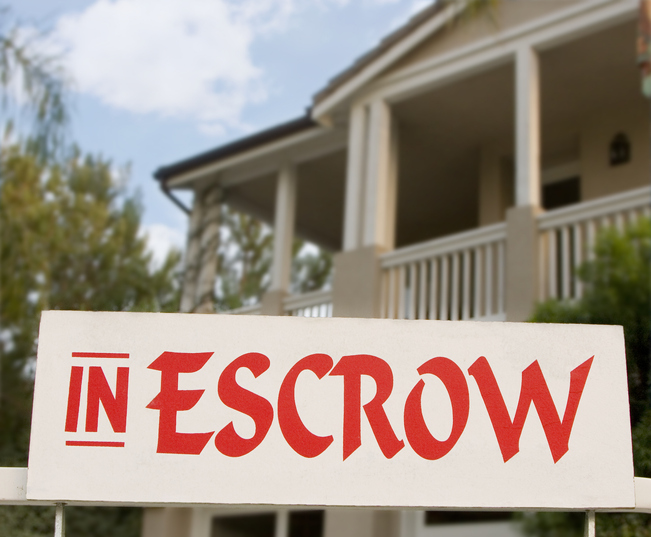-
Real Estate Law
- Commercial Residential Real Estate Closings
- Closing Services
- RESPA
- Home Refinance & Loan Settlement Services
- Condominium Purchase or Sales
- FIRPTA Transactions
- 1031 Tax-Deferred Exchanges
- Drafting & Negotiating Purchase Contracts
- Commercial Lease Agreements
- Condominium and Multi-Unit Project Closings
- Short Sales and Foreclosure Properties
- For Sale by Owner Services
- Real Estate Brokers
- Closing Disclosure Forms
- Property Liens
- Easements
- Florida Land Trusts
- Business Law
- Title Services
Numerous circumstances can trigger a dispute over the disposition of escrow funds. A buyer might claim that they are entitled to recover their earnest money because the seller failed to make agreed-upon repairs in advance of closing, or the seller could believe they are entitled to funds deposited into an escrow account because the buyer walked away from the deal without adequate cause. Both parties suffer when escrow disputes drag on, and no matter which side prevails, the time, expense and aggravation associated with going to court takes a toll.
Clause 16 of the standard FAR/BAR residential sale contract directs disputing parties to use mediation to resolve conflicts that cannot be resolved after 10 days of negotiations. There are also other methods of alternative dispute resolution available. As an accomplished attorney who provides a full range of closing services, I am familiar with the various ways that parties to a real estate transaction can resolve their differences without having to go to court, including:
- Mediation — In mediation, a neutral third party who is familiar with escrow disputes guides negotiations between the parties in pursuit of a settlement. When this process succeeds, both parties have a stake in the decision and might be able to move forward even if they did get everything they want. However, the buyer and seller must approve the result, so if consensus cannot be reached, the parties are back where they started.
- Non-binding arbitration — Conflicts that go before an arbitrator resemble court proceedings in that the parties state their position before an independent decision-maker. Arbitration is usually better suited to escrow disputes however, because issues can be resolved more quickly and inexpensively. Sometimes, the transaction contract will call for non-binding arbitration, which means that a party can reject the decision and go to court, but an adverse result might convince someone that litigation likely wouldn’t work.
- Binding arbitration — Should the parties agree to binding arbitration, the ruling given by the arbitrator must be honored by each side. This gives the buyer and seller a definitive decision without having to engage in litigation, but the party that disagrees with the outcome has no recourse.
No matter what gave rise to your escrow dispute, it is best to work with a professional who can help you obtain you result you seek promptly and efficiently.
The Miami-based Norma Echarte & Associates has extensive experience handling closings and representing parties in South Florida real estate transactions. To learn about your options, please call us at {PHONE} or contact us online.













